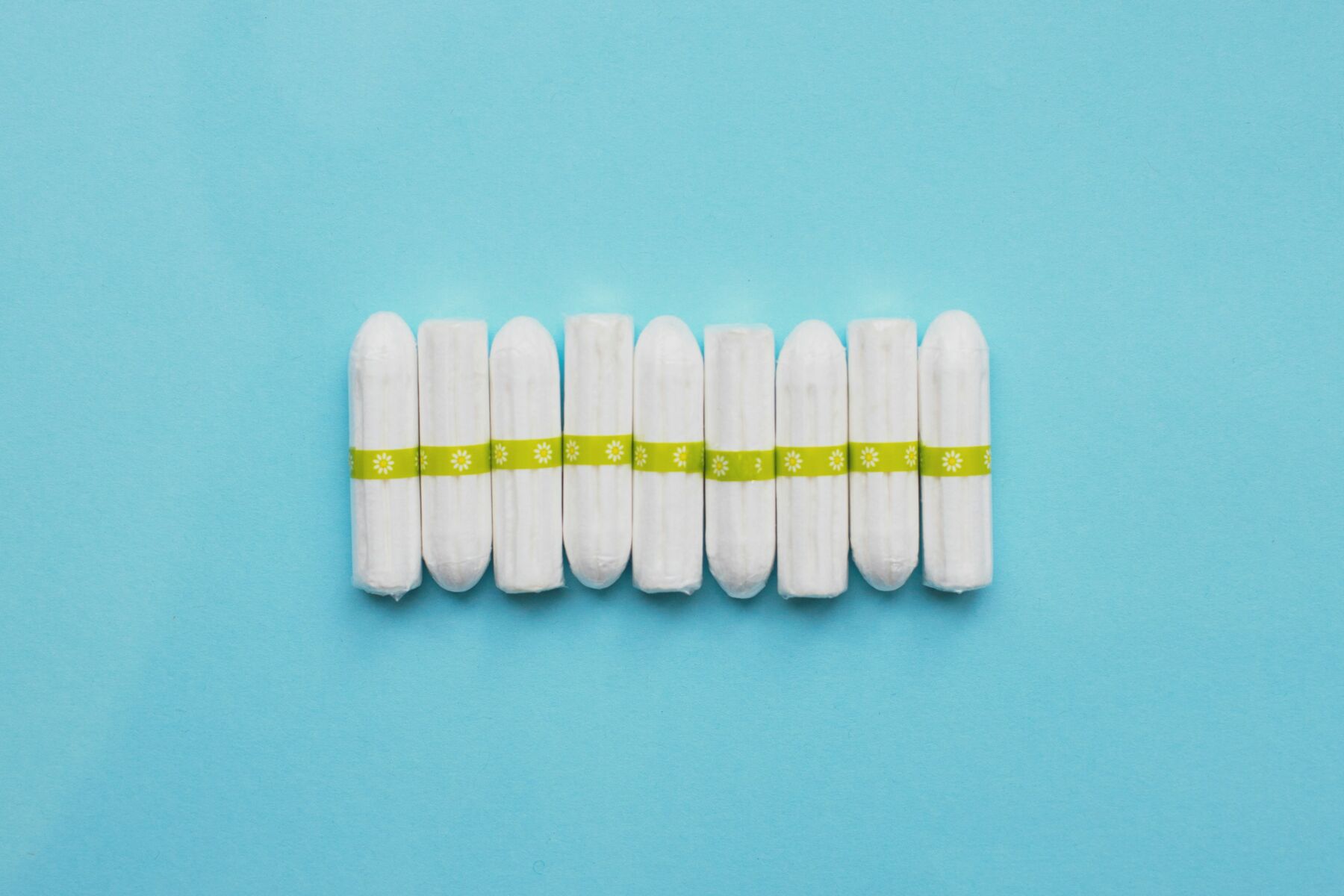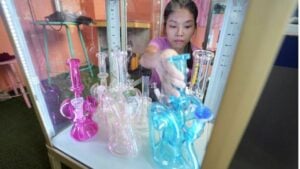Toxic metals found in tampons

A recent study has uncovered the presence of toxic metals in tampons, raising concerns about the safety of these widely used menstrual products. The research, published in the journal Environmental International, found that tampons sold across the U.S. and Europe contained various metals, including lead and arsenic.
The study findings published in the last 24 hours has send shockwaves and alarms across the global medical and scientific industries and also questions the competency of regulatory agencies as the health of millions of females could be at stake.
This discovery highlights the need for more stringent regulations and testing of tampons to ensure they are safe for consumers.
What the study found
The study analysed 30 different tampons from 14 brands purchased from major retailers in the U.S., U.K., and Greece. (Many of these brands are also available across Asia) Researchers detected 16 different metals, including arsenic, lead, and mercury, in at least one tampon from each brand.
Alarmingly, lead was found in all 30 tampons tested.
Potential health risks
The presence of these metals in tampons is concerning because the vaginal tissue is highly permeable, meaning it can easily absorb substances into the bloodstream. This is particularly worrisome as any toxins absorbed in this way bypass the liver, which usually filters out harmful substances. Lead, in particular, has no safe level of exposure and can cause various health issues, including neurological damage and developmental problems.
Differences in tampon types
The study found that organic tampons had less lead but more arsenic compared to non-organic ones. Additionally, tampons sold in the U.S. contained higher levels of lead than those sold in Europe. This variability indicates that the source of the materials and the manufacturing processes can influence the levels of contaminants in tampons.
How metals get into tampons
Tampons are made from cotton, rayon, or a blend of both. These materials can absorb metals from the soil they are grown in. Metals might also be introduced during manufacturing, either through the water used or as additives for various purposes such as antimicrobial properties or odour control.

Need for regulation and testing
Currently, there are no strict regulations requiring tampon manufacturers to test for metals. The Food and Drug Administration (FDA) in the U.S. classifies tampons as medical devices but does not mandate regular testing for chemical contaminants. This study underscores the need for more comprehensive testing and labeling to inform consumers about potential risks.
Consumer brands and industry response
Major tampon brands like Tampax, Kotex, and Playtex have not responded to requests for comment on these findings. Without transparency from these companies, it remains difficult for consumers to make informed choices about the safety of the products they use.
Next steps for research
Further research is essential to determine if the metals detected in tampons can leach out and be absorbed by the body. This would help to understand the true extent of the health risks posed by these contaminants. Until such research is conducted, it is challenging to assess the safety of tampon use fully.
The discovery of toxic metals in tampons is a significant public health concern. While the immediate health risks are not yet fully understood, the study calls for urgent action to regulate and test menstrual products more rigorously. Consumers deserve to know what is in the products they use regularly and how they might affect their health. For now, awareness and caution are advised while more information is gathered.
What you can do
- Stay informed: Keep up to date with the latest research and news regarding menstrual products.
- Choose wisely: Consider using brands that provide transparent information about their ingredients and manufacturing processes.
- Advocate for change: Support initiatives and policies that call for stricter regulations and testing of menstrual products.
Latest Thailand News
Follow The Thaiger on Google News:


























